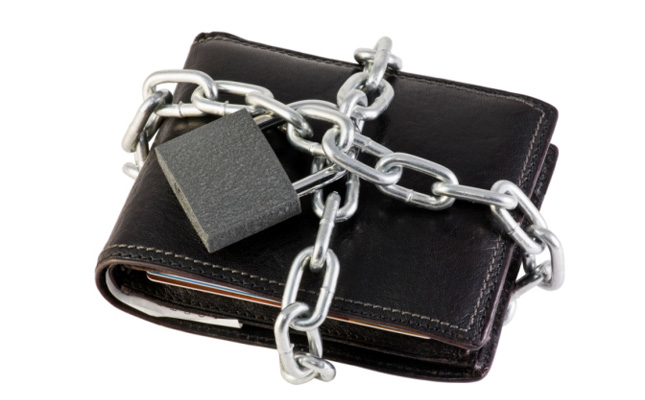Bullying comes in all different forms and sadly it happens in many different places as well. From the school yard, to the office, at home and with money. When it is mentioned in relation to money it is referred to as financial abuse and everyone needs to be aware of it.
Financial abuse is a powerful form of intimidation and bullying. It occurs when a person you trust uses that relationship of trust to gain access to your money or property. It is also a lot more common in Australia than you may think. There are some 2 million women in Australia experiencing financial abuse, according to Christine Nixon, the chair of Good Shepherd Microfinance and for the record financial abuse also happens to men.
The abuse can often come from a partner in a relationship (personal & professional), a parent over a child, an adult child over an elderly parent or relative, other family and friends.
Let’s look at some of the different forms that this can take:
- Pressure to take out a loan or credit card in your name for someone else to repay;
- Pressure to act as guarantor for a loan;
- Being asked to transfer or give away money;
- Money you have loaned and it not being repaid;
- Being denied access to a car by your partner;
- Not being allowed to work;
- Being misled in the workplace on your entitlements;
- Being kept in the dark about insurance policies and key financial documents;
- Investment and asset information not being shared with all relevant parties; and
- At this time of year, being excluded from Tax Return meetings and discussions.
Now let’s look at some tips to help protect yourself and avoid some of the situations above.
Be alert, especially in the early stages of a relationship for prying questions on your finances. Such as how much you earn, wanting to see your payslips, questions on what assets you own and what insurances and debts you may have.
Ensure that if someone is helping you with any of your finances you ask them to explain what you have and where all the information is kept. If they refuse or avoid to sit with you and go over this then start to question why?
Know where the money is coming from and going to.
Get independent advice from someone that you can speak to in private and ask all the questions that you want. Explain to them the reason why you are seeking this advice and they will more than likely give you information that you didn’t even know the question to ask. Never sign legal documents without knowing what the consequences are if things go wrong.
Consider all your options and don’t be afraid to say no.
Be vigilant. If you have given/authorised others to access to your finances, ensure that you keep a close eye on what is happening with your money. Check your bank statements, look at your insurance policies, review your superannuation account and check your credit history/rating.
Look closely at how you buy assets. Whether this be in single or joint names. It might be beneficial for tax purposes to register it a certain way but consideration also needs to be given to the effect if the partners were to split or the relationship dissolves.
If you are the director of a family company you have the right to see the books and financial statements. Ensure that you have been at least provided a copy of these and have the opportunity to discuss any questions that you may have. Remember that as a Director you are signing off on the Annual Review with ASIC stating that the company can pass a solvency test.
Know your rights. If your employer won’t provide you with information on the award or agreement that you are being paid under or a payslip, I would consider this a warning sign that something isn’t right. If your superannuation isn’t being paid when it is legally required to be, then this is a major concern. We have a case study with #Katrina who is going through this exact issue even after leaving her employment with this particular employer.
I think the most important information that I took from writing this was that financial abuse is a lot more common than I expected and that it can happen to anyone. The best advice is to know how to look for the warning signs.
If you find that you are suffering from financial abuse there are a number of support groups around that can provide assistance. The sooner you seek advice and guidance the earlier you can start to protect your future.
ASIC’s MoneySmart Website – www.moneysmart.gov.au
Good Shephard Microfinance – www.goodshepherdmicrofinance.org.au
Lifelife – www.lifeline.org.au

